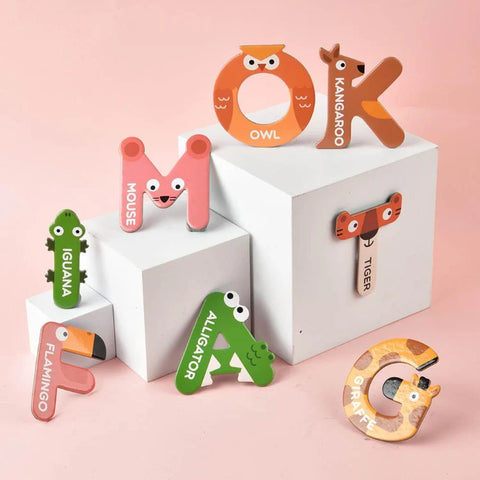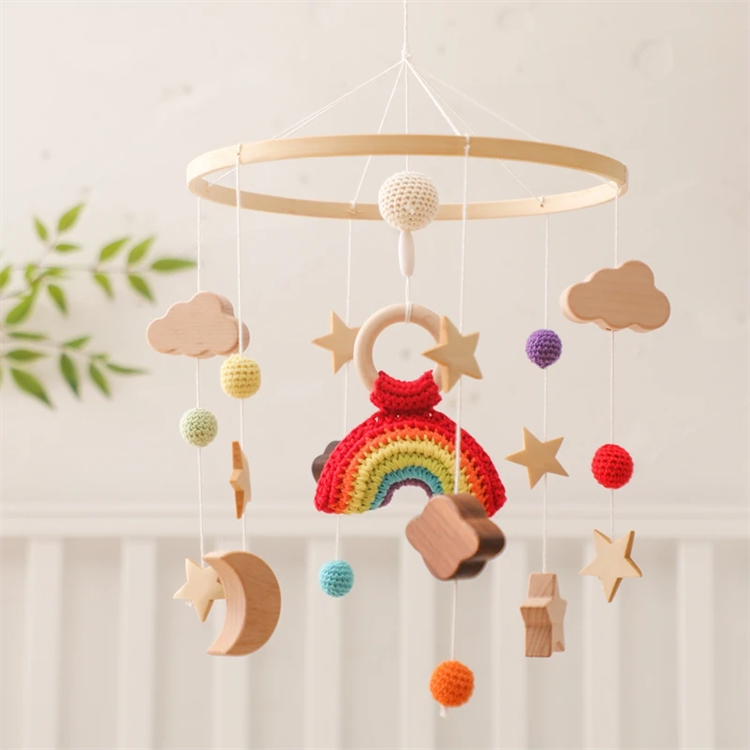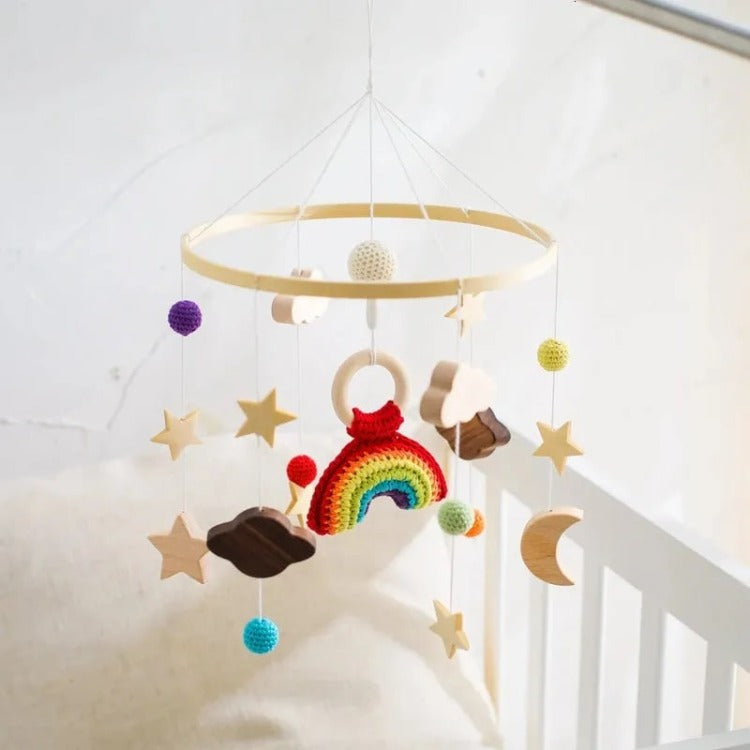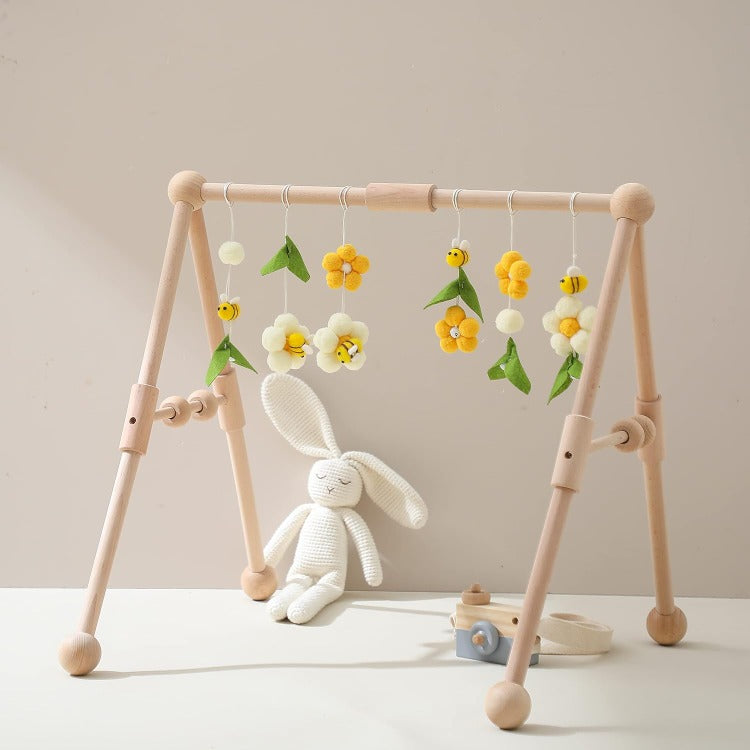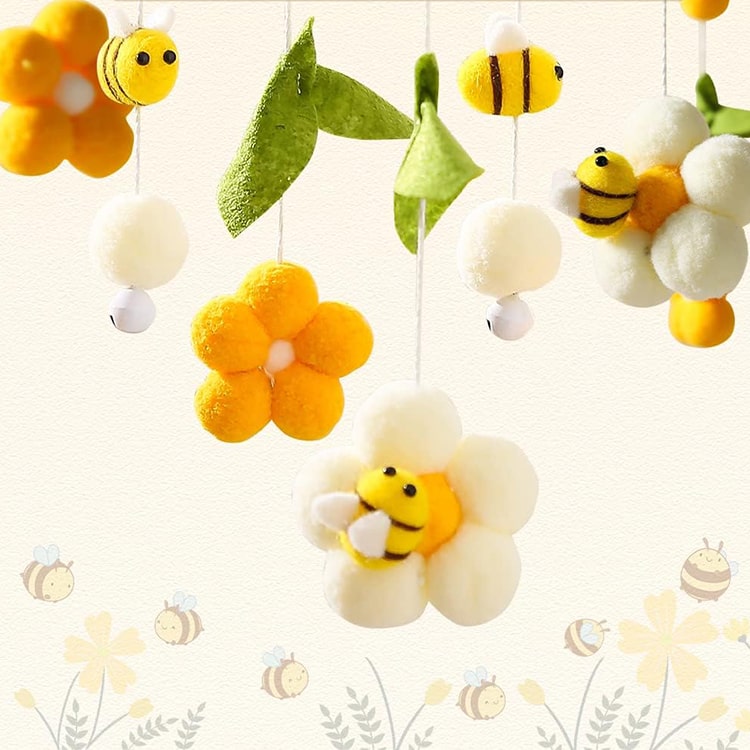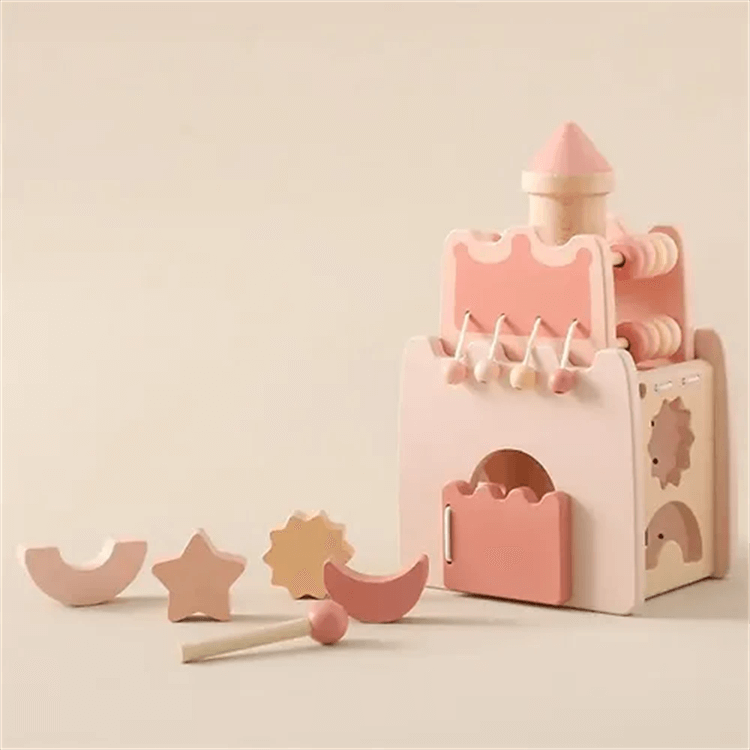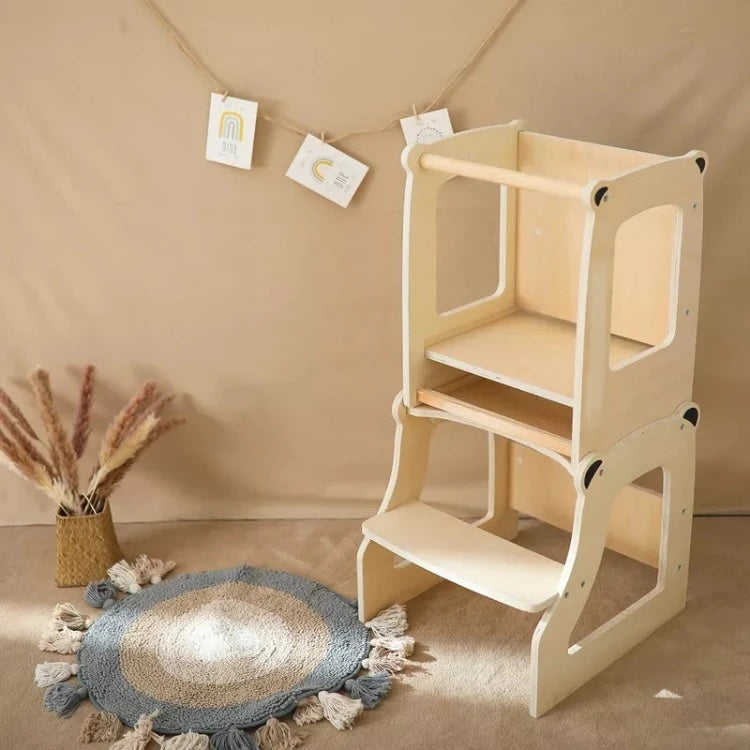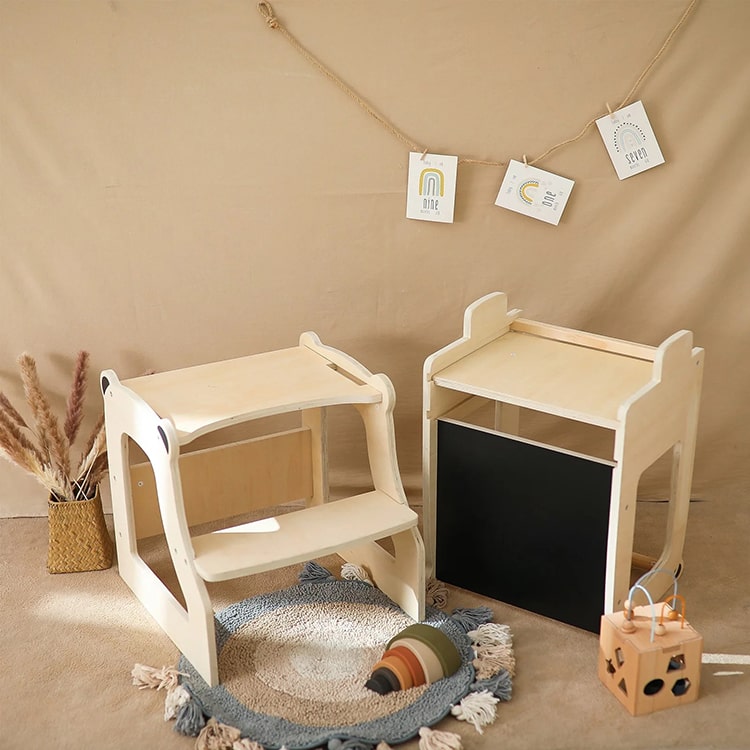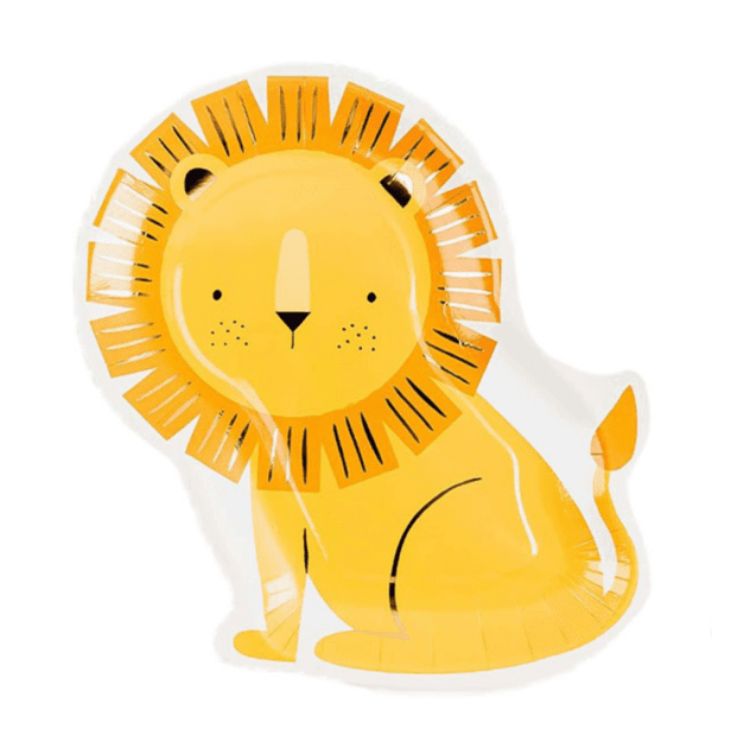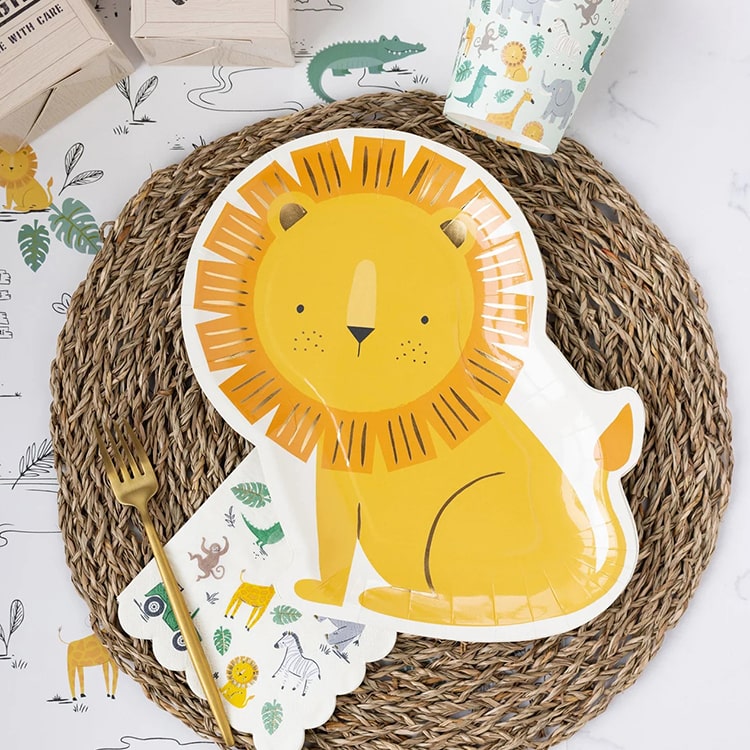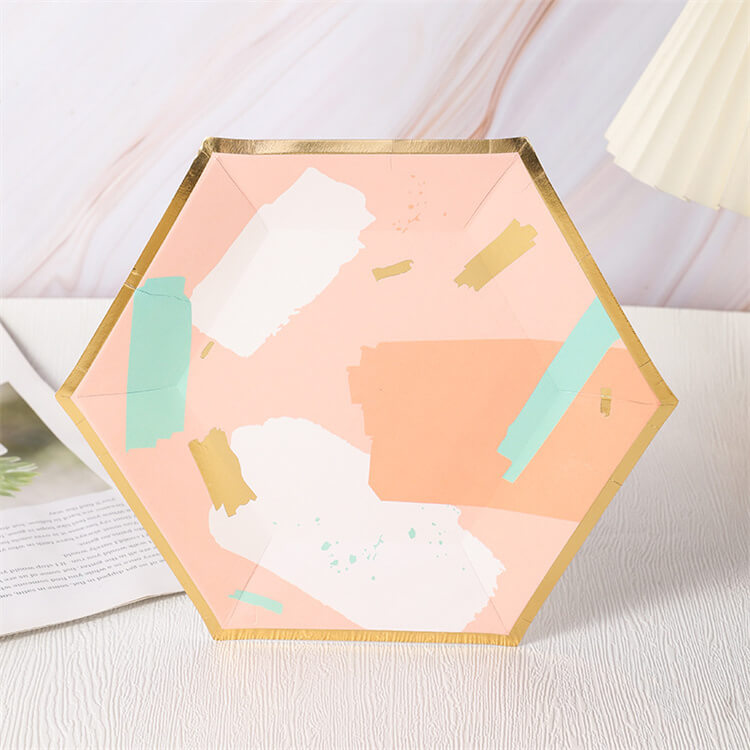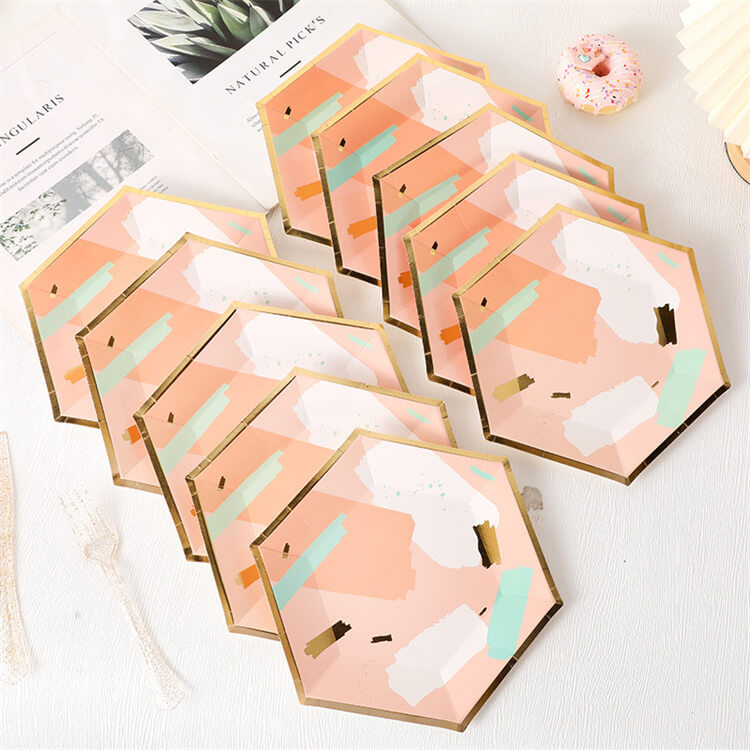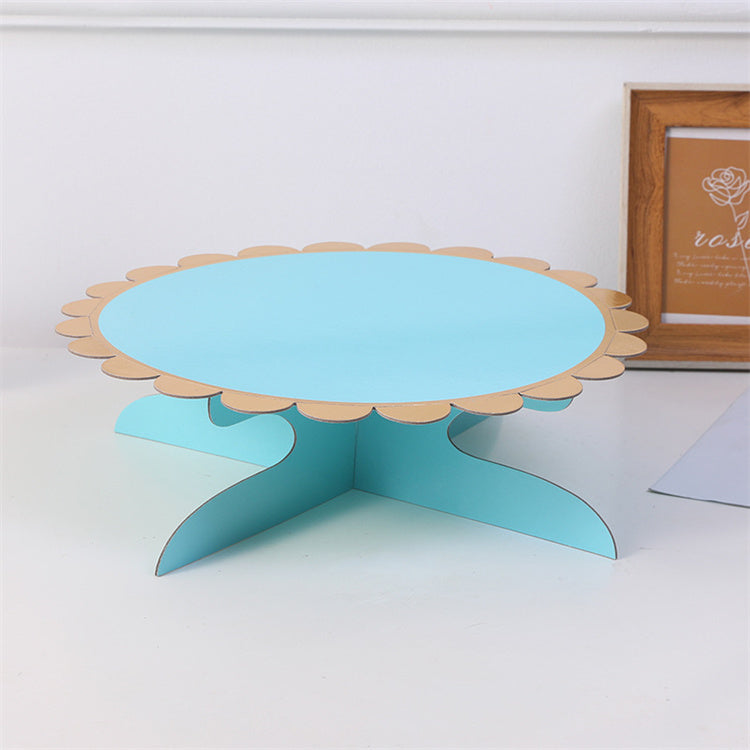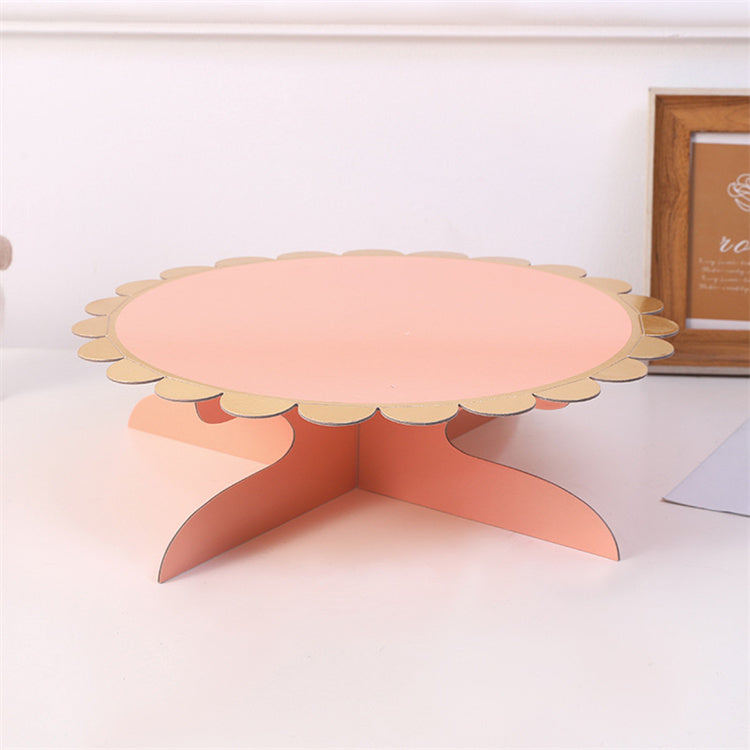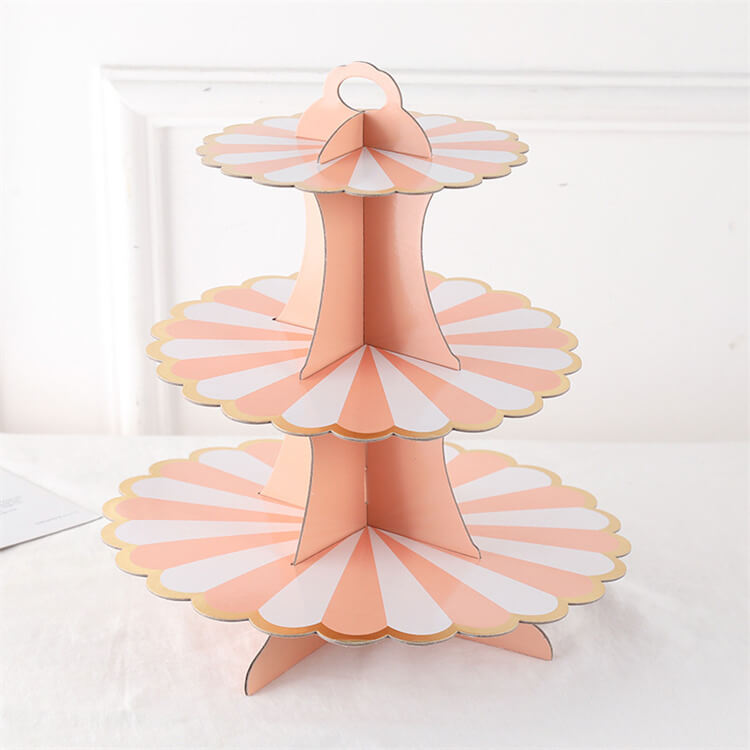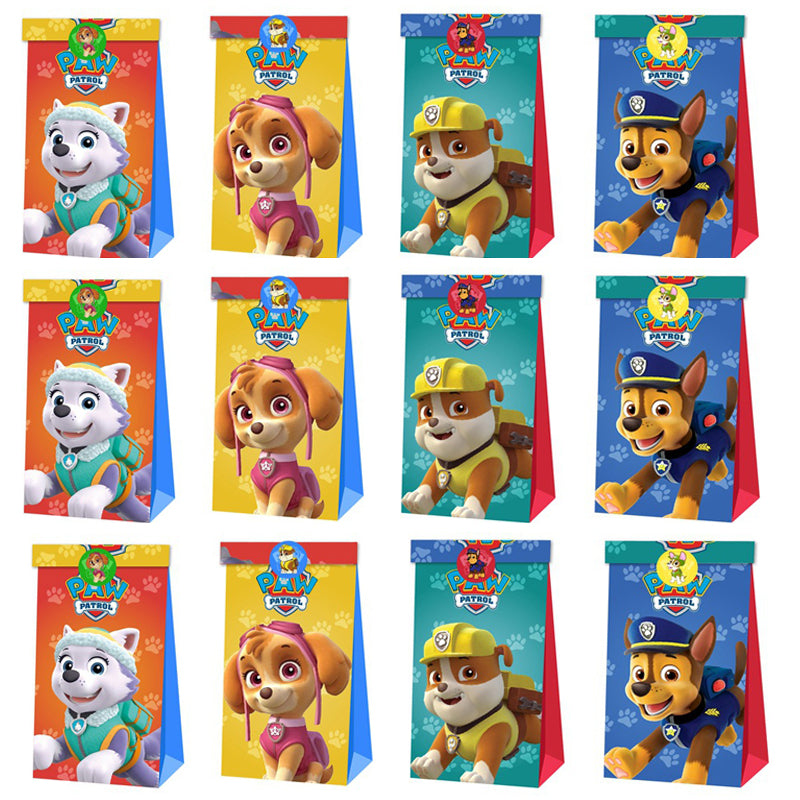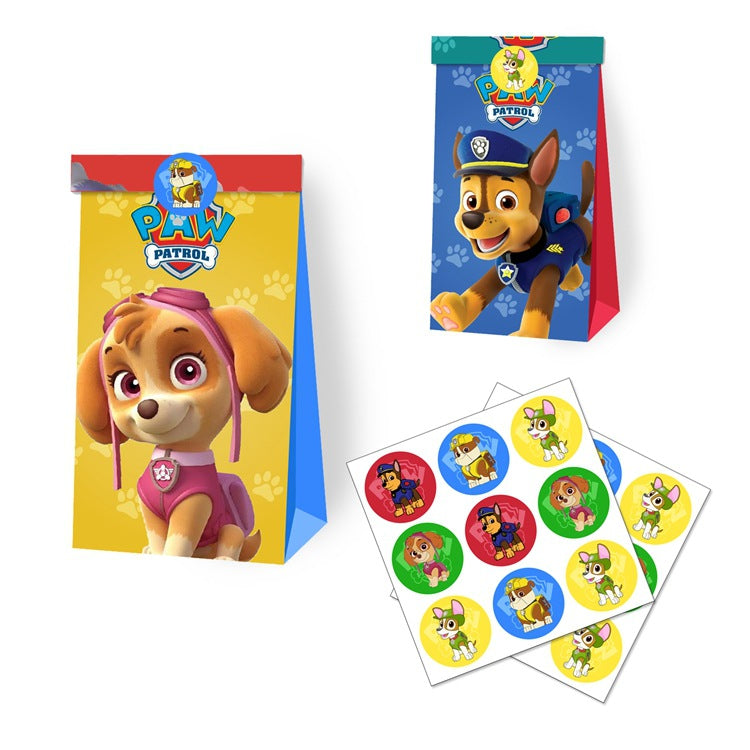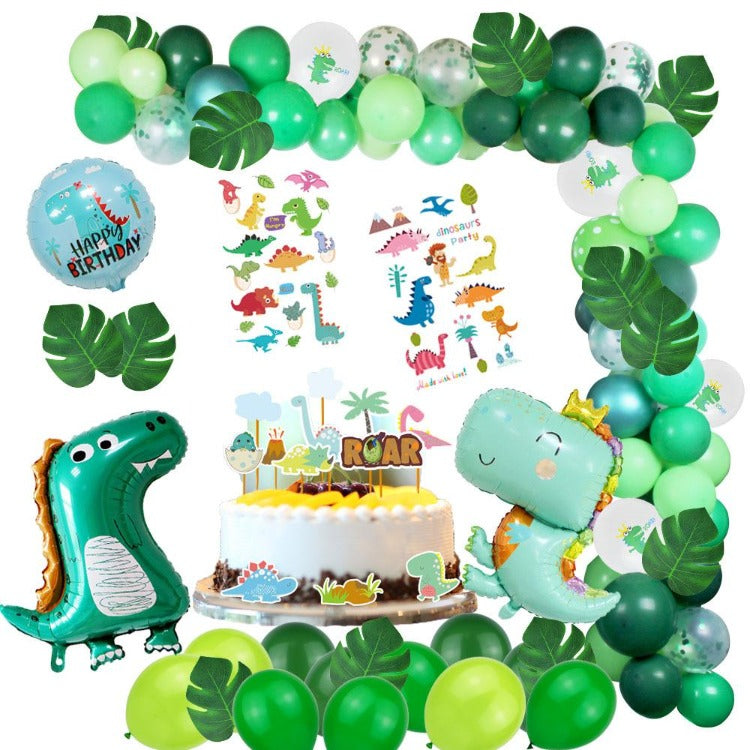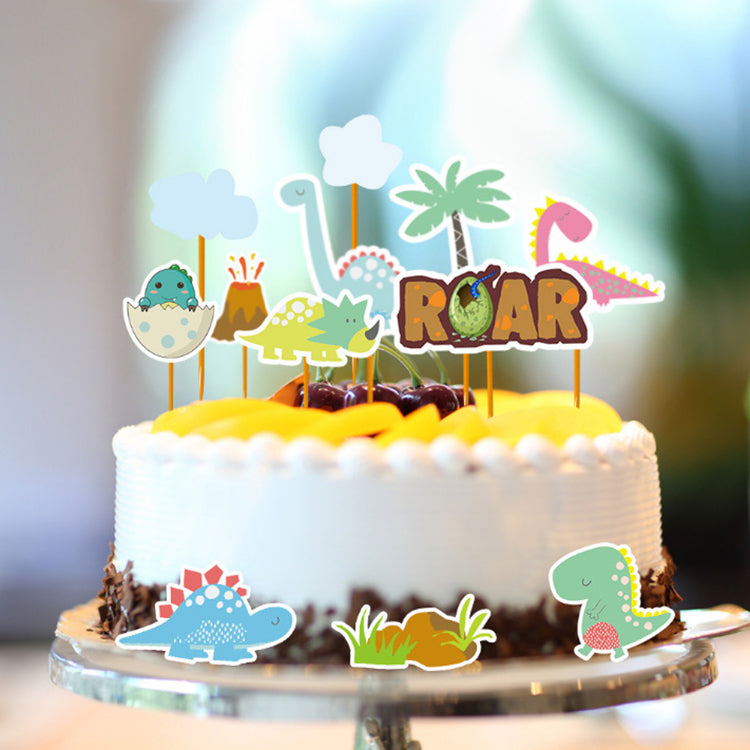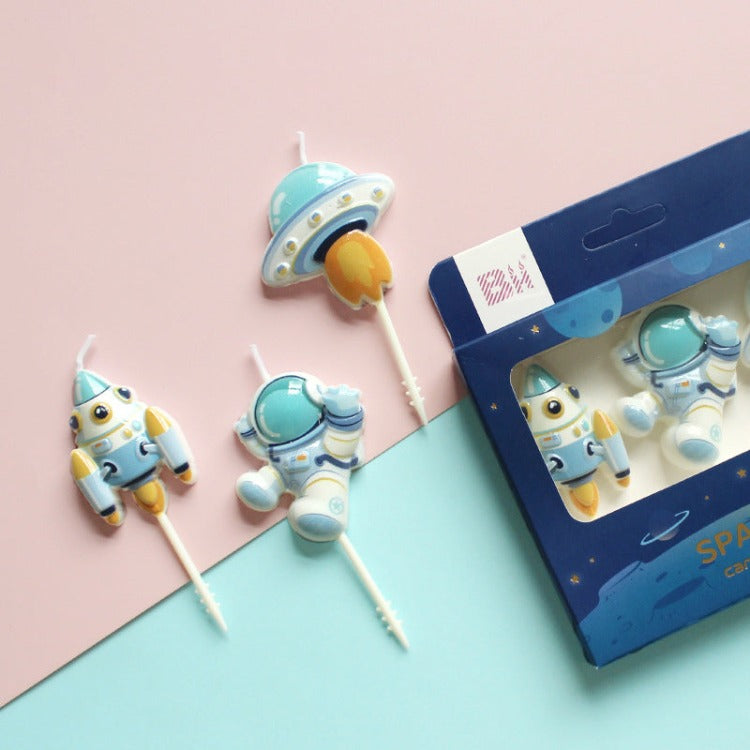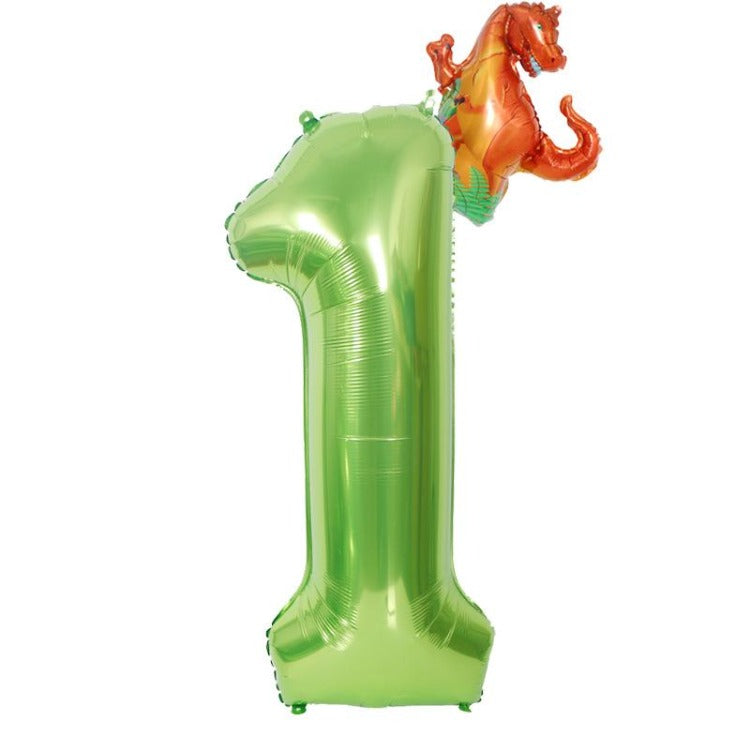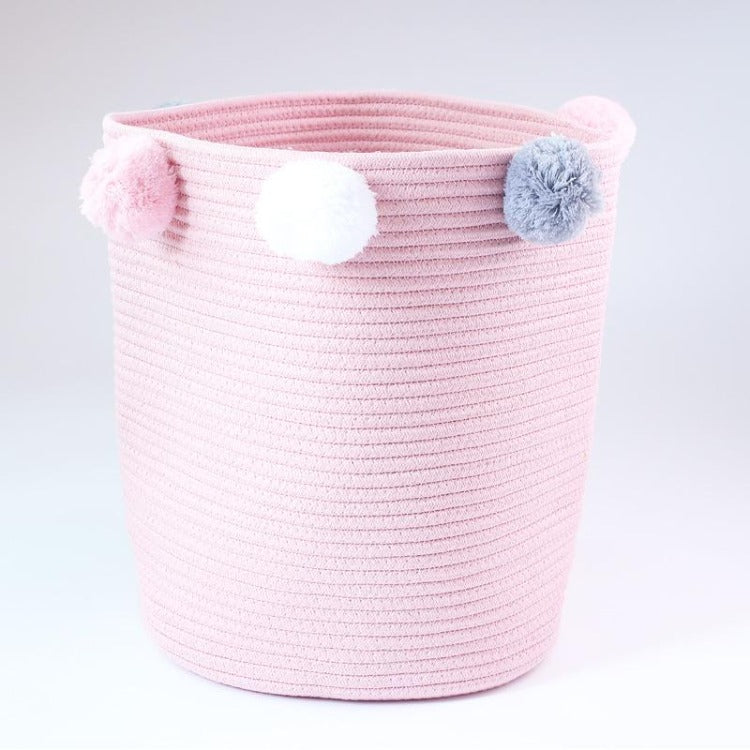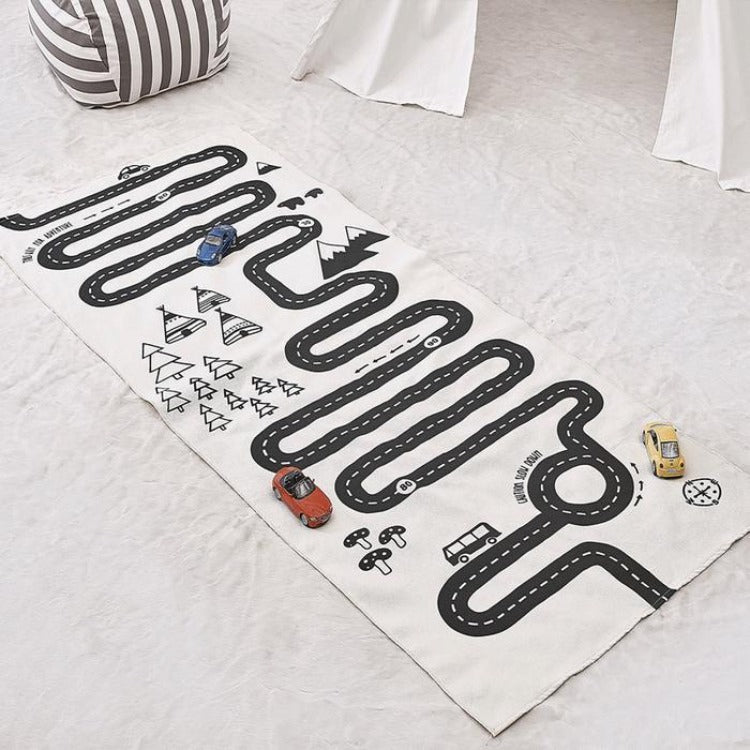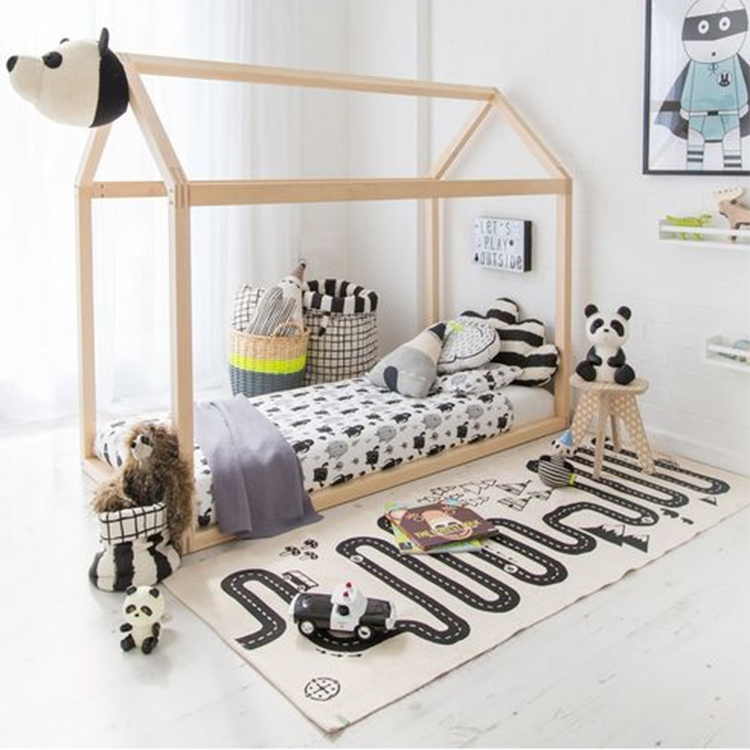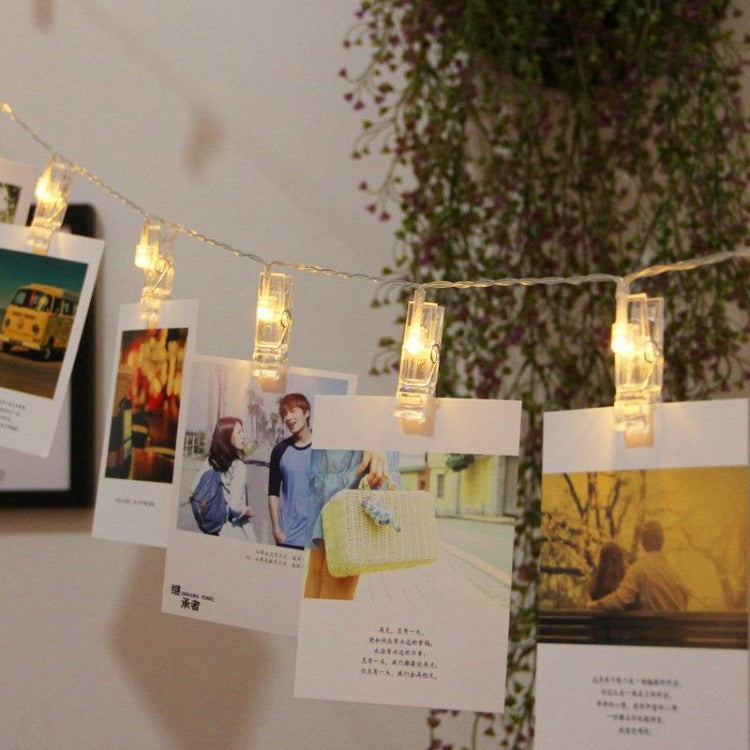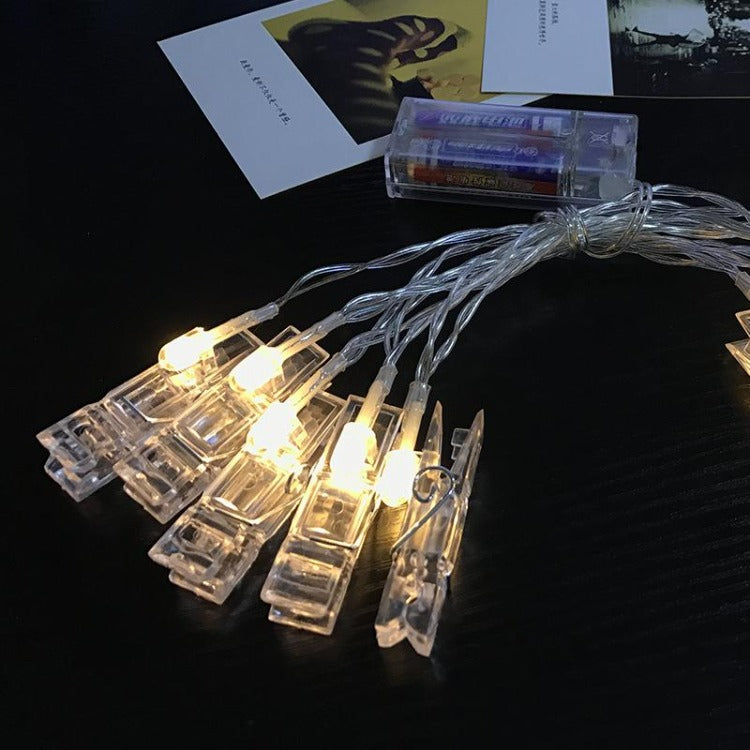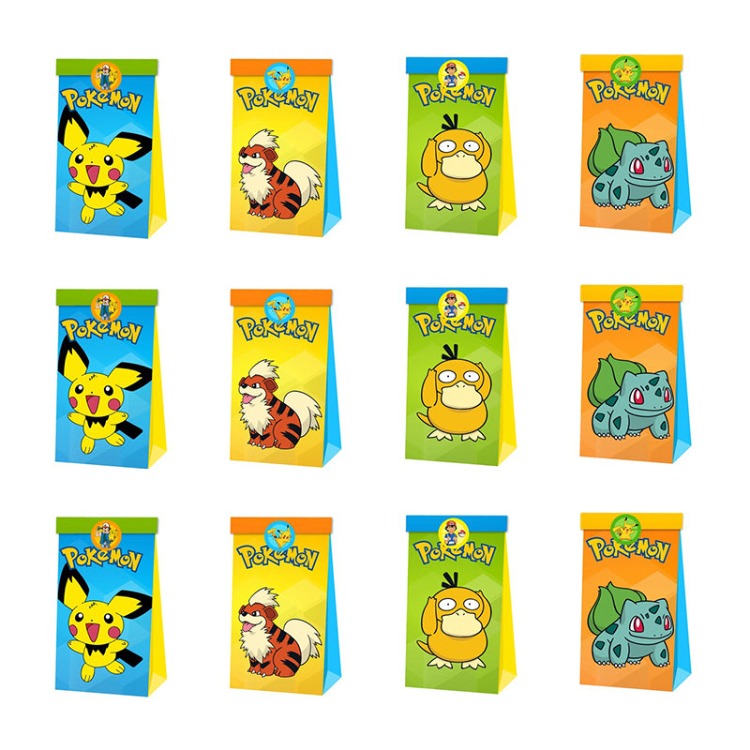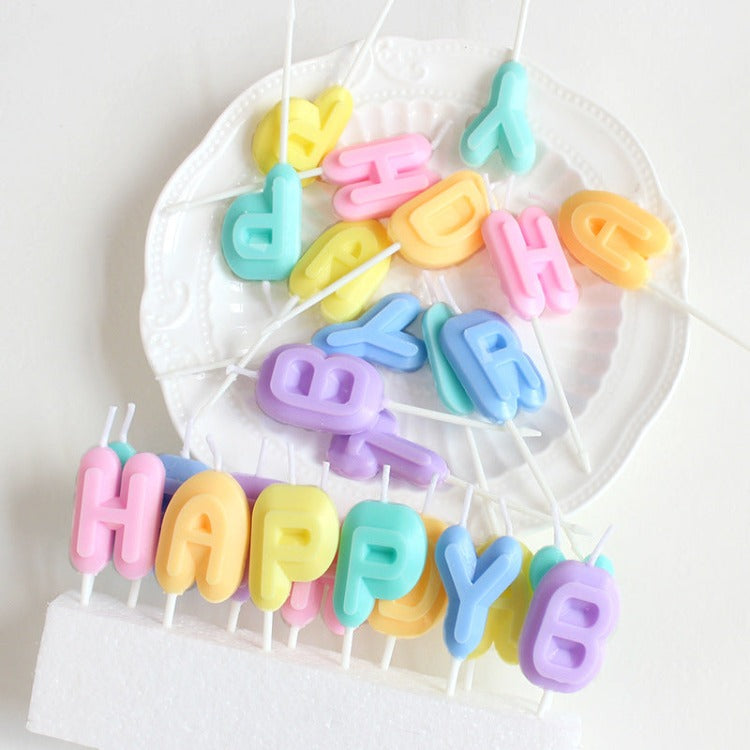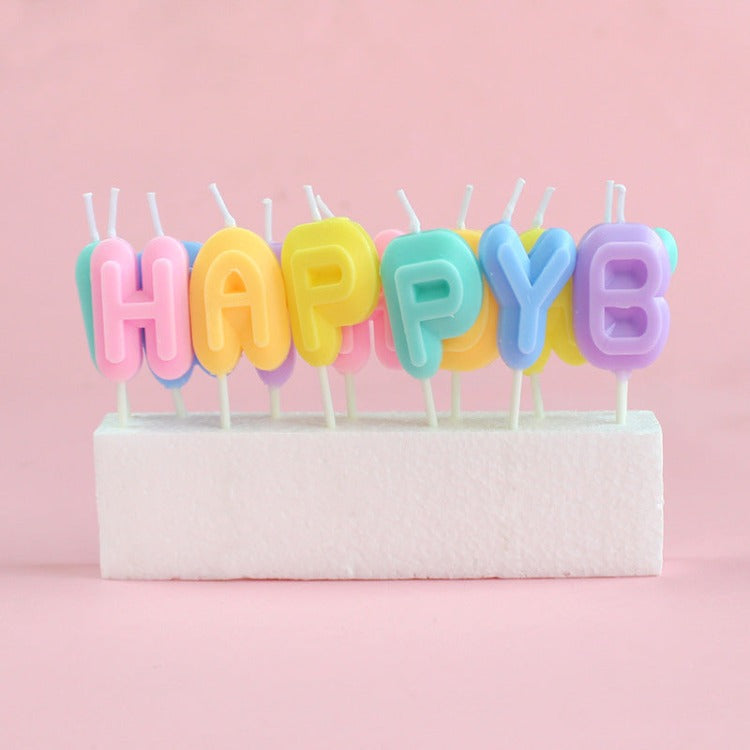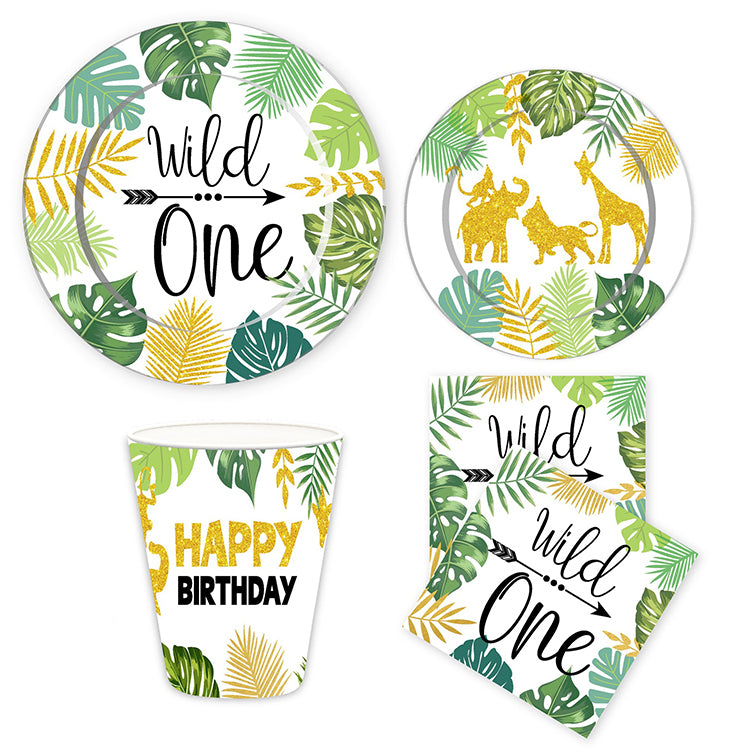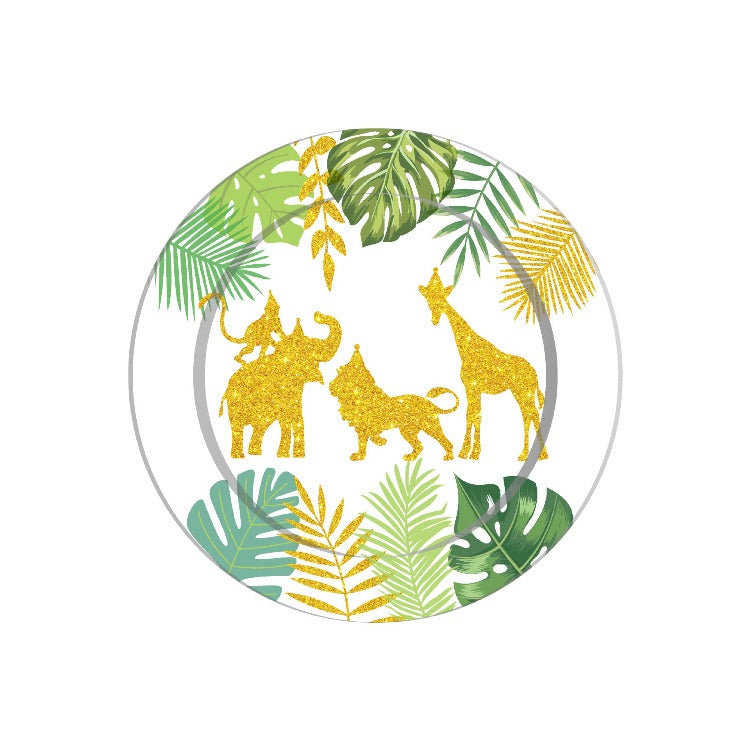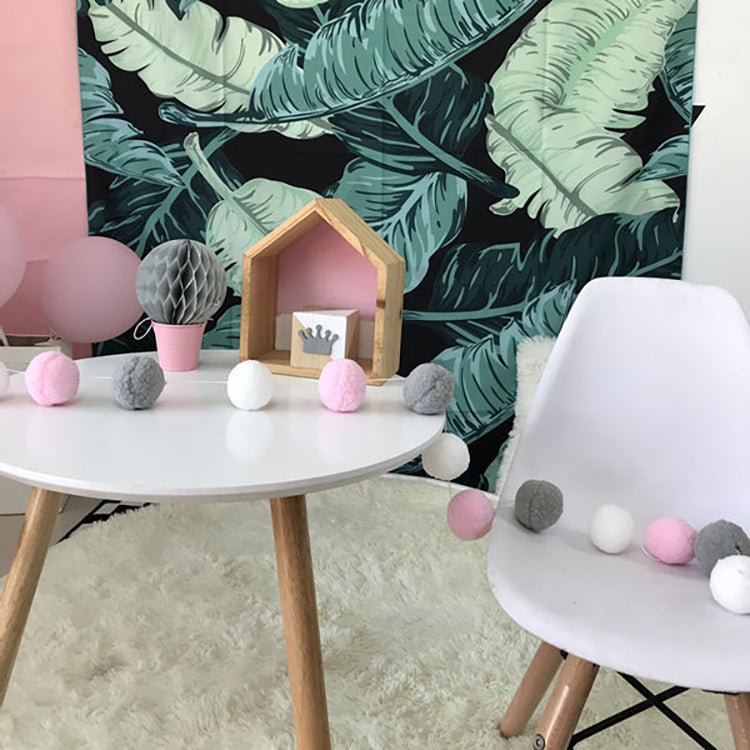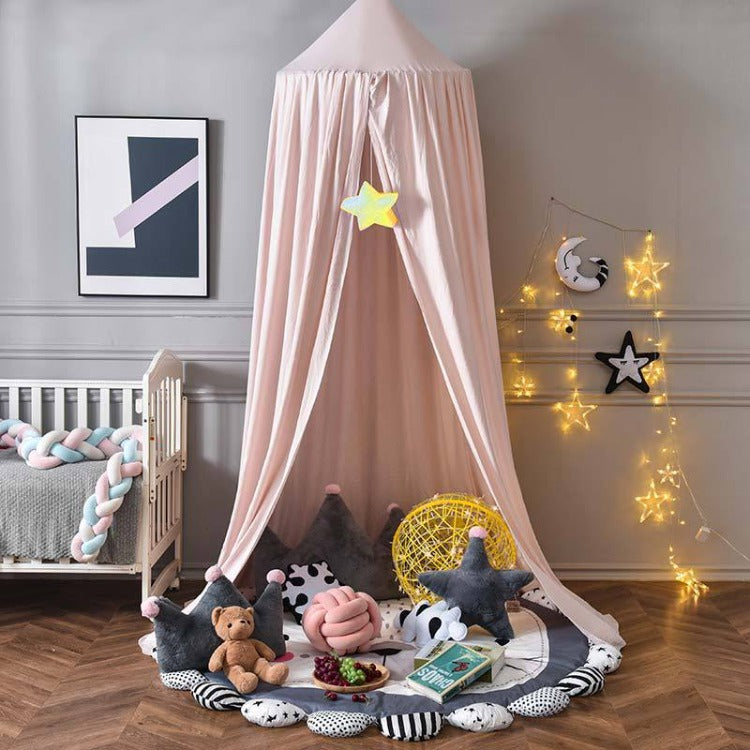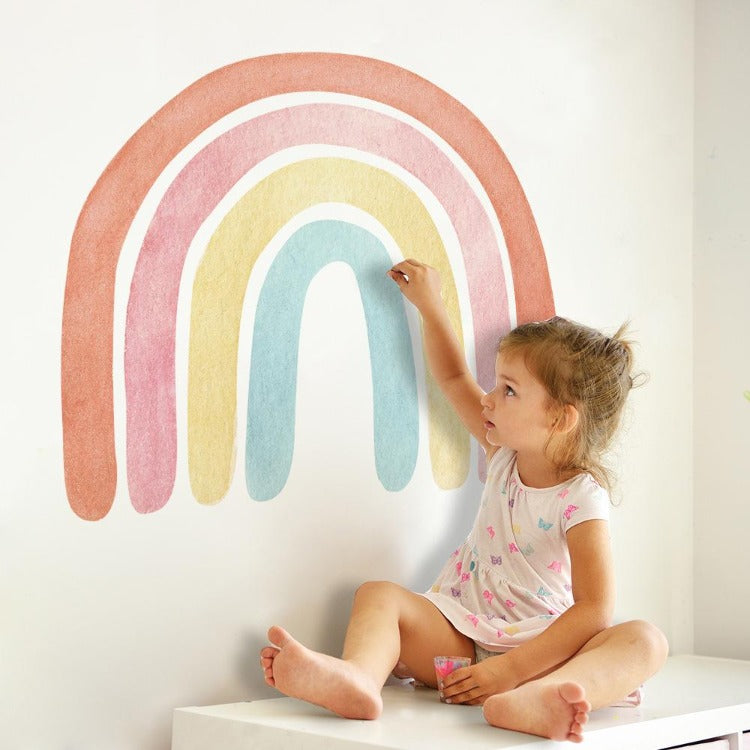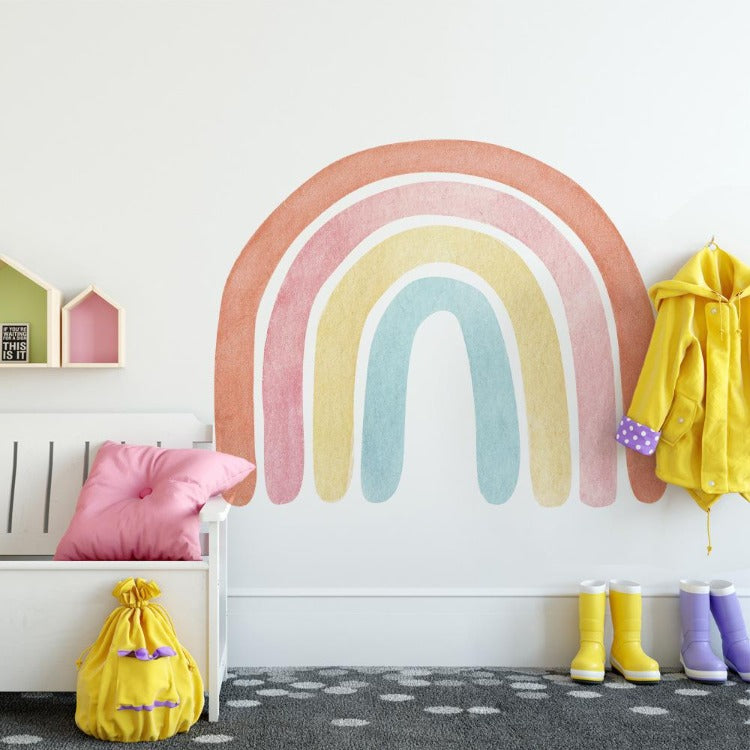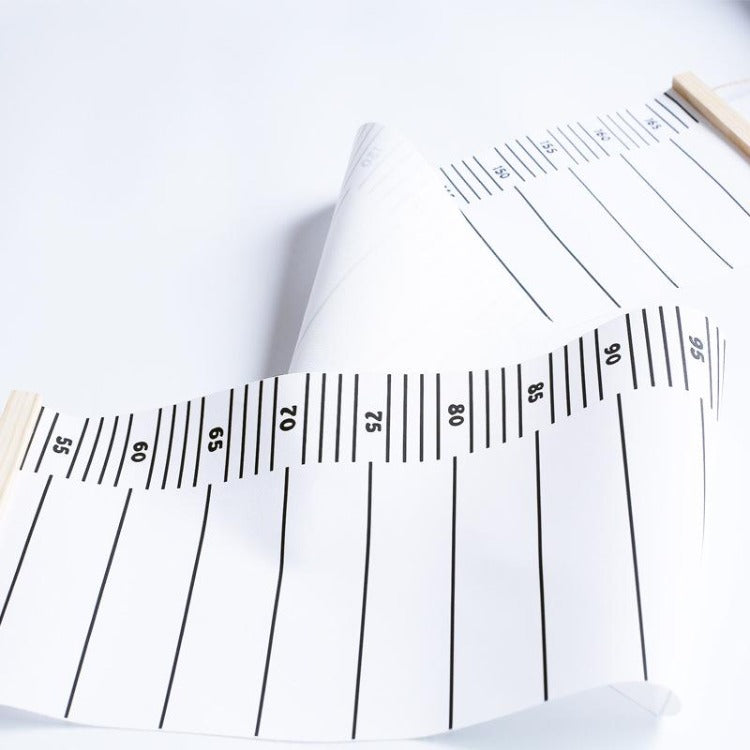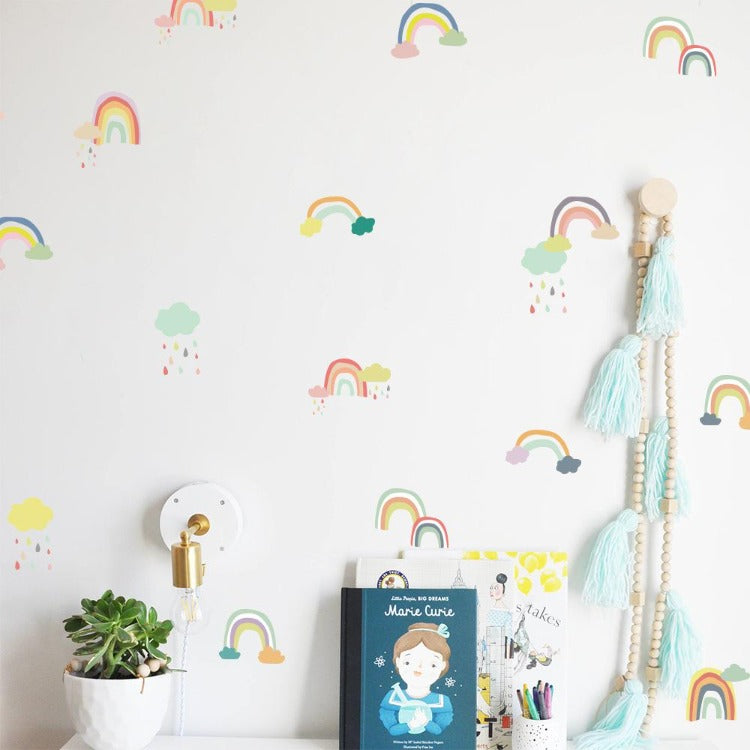
Comparing Alternative Education Types
Waldorf, Montessori, and Reggio Emilia are three prominent educational philosophies that prioritize child-centered learning, but they differ in their approaches and methodologies. Each philosophy has its unique characteristics and principles, which impact how they are implemented in various educational settings, including South Africa.
Waldorf Education:
Waldorf education, also known as Steiner education, was founded by Rudolf Steiner in the early 20th century. It emphasizes holistic development, creativity, and the arts alongside academic learning. In a Waldorf school, children are encouraged to explore their natural surroundings and develop a deep connection with nature. The curriculum is designed to engage the child's imagination and foster a sense of wonder.
In the South African context, Waldorf schools often embrace cultural diversity and incorporate elements of local traditions and practices into their curriculum. They may also focus on sustainability and environmental awareness, aligning with the country's efforts to promote eco-consciousness and conservation.
iKids offers a variety of Waldorf inspired educational toys.
Montessori Education:
Montessori education was developed by Maria Montessori in the early 20th century and is based on the principles of self-directed learning, independence, and hands-on exploration. Montessori classrooms are carefully prepared environments with specially designed materials that facilitate learning through sensory experiences and concrete activities. Children are encouraged to follow their interests and work at their own pace.
In South Africa, Montessori schools often attract parents who value individualized learning and want their children to develop independence and critical thinking skills. Montessori education can be found in both urban and rural areas, catering to a diverse range of communities.
A variety of Montessori inspired educational toys are available at iKids.
Reggio Emilia Approach:
The Reggio Emilia approach originated in the town of Reggio Emilia, Italy, after World War II and emphasizes collaboration, inquiry-based learning, and the arts. It views children as competent and capable individuals with the innate ability to construct their own knowledge. In Reggio-inspired schools, the learning environment is considered the "third teacher," and classrooms are filled with natural light, open spaces, and materials that invite exploration and creativity.
In South Africa, the Reggio Emilia approach may resonate with educators who value the importance of community involvement and see children as active participants in their learning journey. Schools inspired by this approach may promote cultural exchange and encourage children to express themselves through various forms of artistic expression.
Educational toys are a great asset regardless of which alternative educational type you are considering for your little one.
In the South African context, all three educational philosophies offer alternatives to traditional approaches and aim to nurture well-rounded individuals who are equipped with essential skills for the 21st century. However, they may face challenges related to funding, accessibility, and cultural adaptation.
For instance, while Waldorf and Montessori schools often require significant financial investment, Reggio-inspired practices may struggle to find support within existing educational frameworks. Additionally, cultural sensitivity and inclusivity are essential considerations for implementing these philosophies effectively in South Africa, given the country's diverse population and complex social dynamics.
Overall, Waldorf, Montessori, and Reggio Emilia offer valuable insights into child development and learning, and their principles can be adapted to suit the unique needs and context of South African learners. By embracing diversity, fostering creativity, and prioritizing holistic development, these educational philosophies contribute to creating inclusive and empowering learning environments for children across the country.




